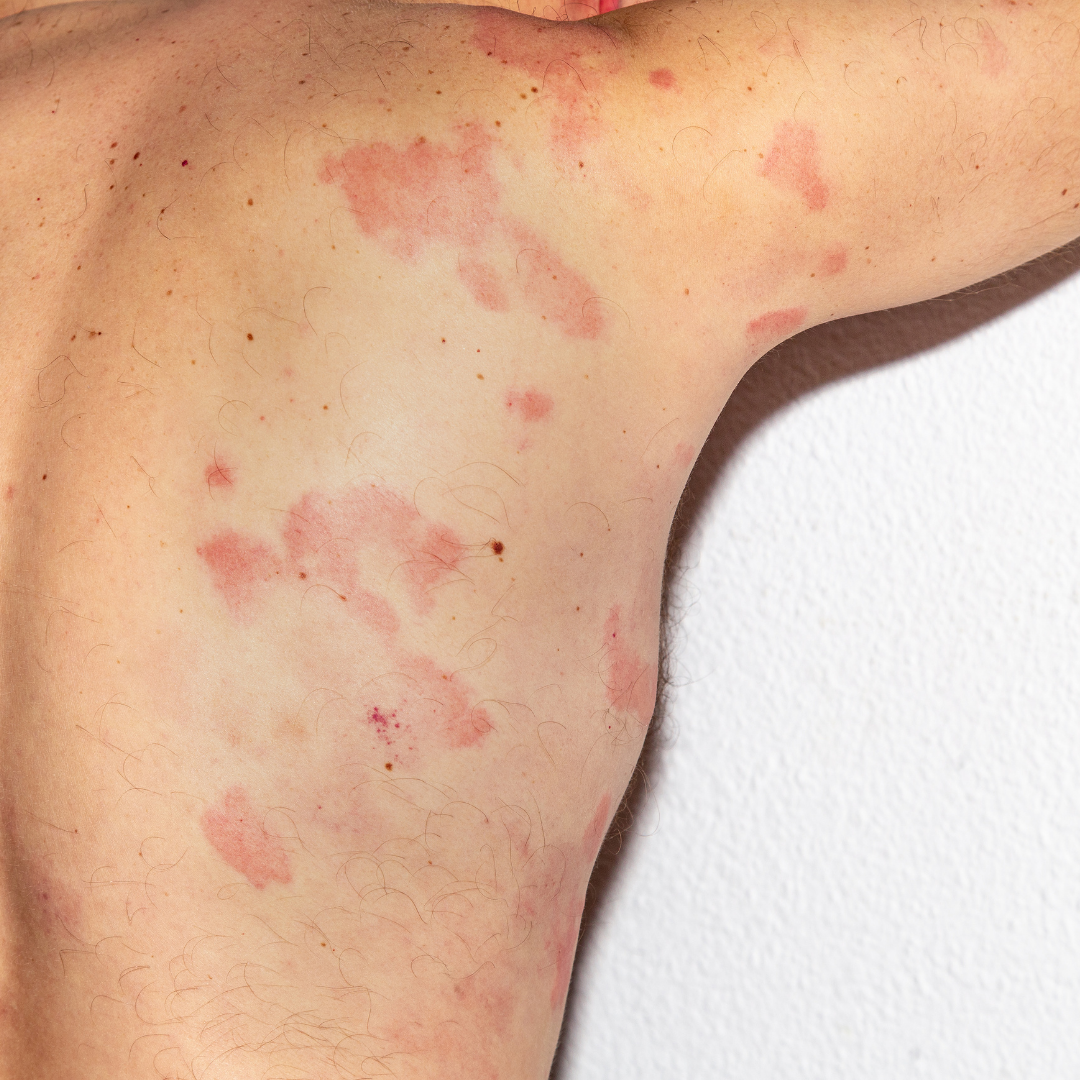Histamine is a chemical compound that is present in virtually every living organism on the planet. It is produced by the body to suppress allergic reactions and is necessary for the immune system to function properly. In the body, histamine is produced by the mast cells, a type of immune cell found in most tissues. These mast cells release histamine in response to certain types of stimuli: skin contact, exercise, cold, and especially allergic reactions. Histamine is also produced in the intestines when food is digested and absorbed.
What is Histamine Intolerance?
Histamine intolerance is a condition in which your body is unable to break down histamine, a chemical that is produced naturally in your body. Histamine is found in many foods and beverages, including some that you may not expect. And while histamine is generally regarded as a good thing, it can cause problems with your health if you’re not able to break down histamine. Histamine intolerance is a condition that makes it difficult to eat certain foods because of unpleasant reactions to them. Most people with histamine intolerance can eat a wide variety of foods without a problem, but a minority are allergic to certain foods that contain histamine. These include the foods that cause the most histamine reactions.
What Causes Histamine Intolerance?
Histamine intolerance is a commonly misdiagnosed condition that causes digestive problems, ranging from bloating to indigestion. However, the cause of histamine intolerance is usually not clear, so it can be difficult to diagnose.
Histamine is a chemical involved in the body’s immunological response to infection, and it’s produced by the immune system. It has a powerful role in keeping our bodies healthy, but it can also cause symptoms of an allergic reaction, including a cough, sneezing, an itchy nose, or difficulty breathing. Histamine is involved in the immune response to all types of infections, including bacteria, viruses, parasites, and fungi. Some people have an allergic response to histamine, but most, especially those who have food or drug allergies, have an allergic response to foods that contain enzymes that break down histamine.
Interestingly, mold exposure can indirectly contribute to histamine intolerance-like symptoms in some individuals. Mold, found in damp and humid environments, can release mycotoxins, which may disrupt histamine regulation. If you suspect mold-related concerns and are experiencing symptoms of histamine intolerance, it may be worthwhile to consider professional mold testing in Stamford, CT, or elsewhere, to address potential mold issues and assess their impact on your health.
In addition to this, don’t forget to get your heating and cooling systems checked out as well, as they can contribute to mold growth if they are not working efficiently. By lowering the indoor humidity, air conditioning can keep mold at bay, so speak with an Air conditioning service South Jersey NJ, or similar, to get your equipment looked over to see if any changes need to be made.
Histamine intolerance is an uncommon condition that interferes with the absorption of histamine, which is a highly important molecule in the body. Too much histamine can cause inflammation and several health problems, but the usual suspects are eczema, asthma, hay fever, and a host of other allergic problems. It’s also known as food allergy, but this isn’t quite the same as a true food allergy.
People who suffer from allergic reactions to certain foods may want to consider having a histamine intolerance. Histamine intolerance is a condition that is characterized by an adverse reaction to a food, which is typically a food protein. Histamine is a naturally occurring substance in some foods that contributes to food texture, flavor, and appeal. Histamine becomes a problem when it is consumed at high levels, causing adverse reactions such as gastrointestinal issues, skin reactions, and migraine headaches. This is the condition in which your body is unable to process certain foods, causing a severe allergic reaction. In order to prevent an allergic reaction, you may need to find those foods that have a high percentage of histamine. In recent years, many food companies have made products with low or zero amounts of histamine. In order to maintain safety standards for histamine-deficient food products, these food companies hire skilled food inspectors (likely with an allertrain certificate). Considering this, it may not be difficult in today’s world to find such products free from histamine.
Ever wonder if you have histamine intolerance? If so, read on to learn what it is and understand how it impacts most people who suffer from it. Histamine intolerance is a condition that causes negative symptoms, such as bloating, gas, stomach pain, reflux, and diarrhea. Symptoms can appear quickly and be intensely painful. If you suffer from histamine intolerance, you may not realize it is the cause of these other symptoms. Histamine intolerance is a condition that occurs when your body cannot properly process histamine – a chemical that regulates certain aspects of your immune system. This results in unpleasant symptoms, including flushing, hives, or itchy eyes or skin. Histamine intolerance is usually triggered by a dietary or environmental trigger, such as spicy foods, alcohol, or stress
Now that the weather is getting nicer and spring is in the air, people are getting outside and enjoying the outdoors. But people with various health conditions often miss the outdoors because they are sensitive to the effects of pollen, environmental chemicals, pollution, and most importantly, histamine. Histamine is a naturally occurring chemical that is released during pollen and environmental pollen and can cause allergic reactions (especially asthma and eczema), immunological reactions, and even gastrointestinal reactions. Some people who have allergies and asthma can have a condition called “histamine intolerance,” which is a sensitivity to histamine. Histamine intolerance is not a disease but rather a sensitivity to histamine. Sensitivity to histamine can be caused by numerous factors, including genetics and the environment.

